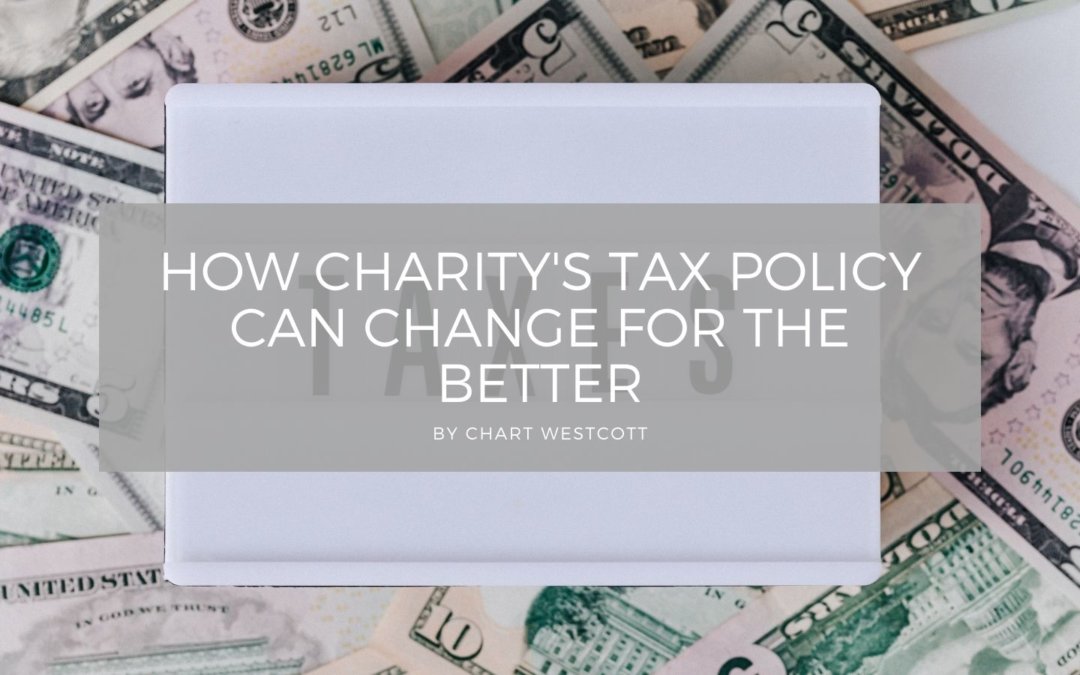This deduction brings many tax benefits. The high-income earners have only enjoyed these benefits. Many high-income earners were able to itemize their taxes. This exclusivity came to a halt in 2020 following the enactment of the CARES Act. The COVID Relief Bill also had a significant impact on the charitable tax deductions. Today, each taxpayer is eligible to claim a $300 above-the-line tax deduction. In the case of a married couple that files their taxes jointly, they can claim $600. The future of these above-the-line tax deductions is uncertain now that there is a new administration. Tax experts, however, predict that these benefits might be here to stay. Retracting tax benefits has been a thorny issue for past administrations. Also, deduction is an idea that has been embraced across the political divide. The political consensus might give more life to the policy.
There is room to make the charitable tax deduction more comprehensive and equitable. Although there have been gains, the policy fails to benefit many low-income citizens. Many people are still unemployed or underemployed. This cohort of low-income citizens has no money to give to nonprofit organizations. There are changes that policymakers can introduce to make charitable tax deduction fairer. For example, volunteering at nonprofit organizations should become a criterion for qualifying. This will help low-income earners who cannot give their money but can offer free services. To reach the $300 mark, one must volunteer for no less than sixty hours. Volunteering is an excellent approach as it even has some health benefits. People who volunteer are at a lower risk of getting depression. Moreover, volunteering is one of the proven methods to cultivating new friendships.

